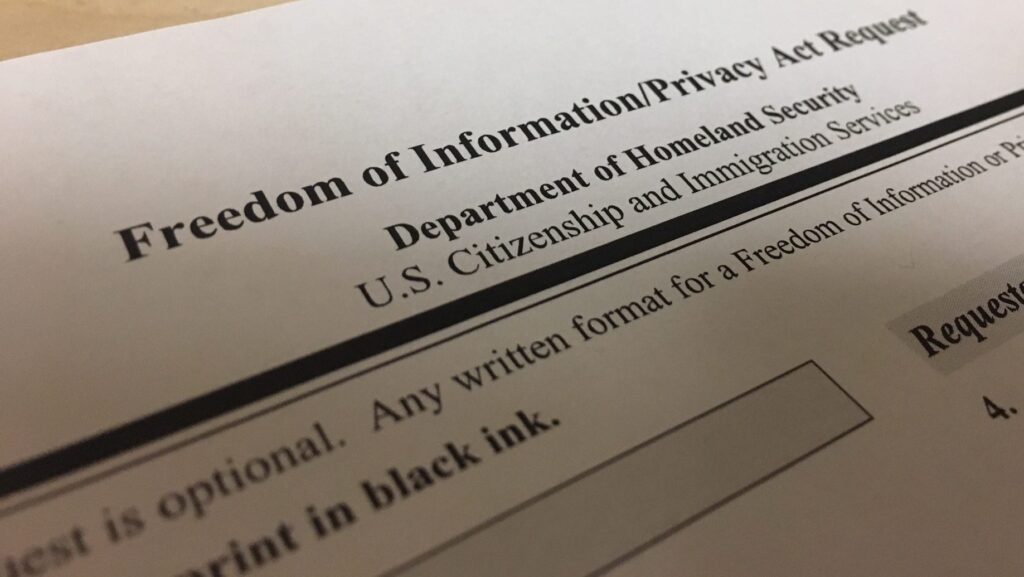Transparency in Michigan government is in the spotlight this week during Sunshine Week, a national event celebrating open government and access to public information. In this week's episode, Mitch Mash Host Cheyna Ross and Gongwer News Service's Alecia Kasben We spoke with U.S. Sen. Jeremy Moss (D-Southfield) about Michigan lawmakers' latest efforts to pass government transparency legislation in the state.
Subscribe to MichMash on Apple Podcasts, Spotify, NPR.org, or wherever you get your podcasts.
In this episode:
- Freedom of Information Act Bill and Chance of Passage in Michigan
- Prohibition of firearms at polling places
- 2024 general election results after Michigan primary
Current law in Michigan exempts the governor's office and the state Legislature from Freedom of Information Act (FOIA) requests, making Michigan the least transparent government in the country, according to the Center for Public Integrity.
A bipartisan bill sponsored by Moss and Ed McBroom (R-Wauceda) aims to change that. The bills were introduced by the Senate Oversight Committee on Wednesday and are expected to move to the Senate floor for consideration shortly. After years of massive inaction; moss He said support for the recent FOIA bill has grown even more. Easier access to government communications.
“At the time, I was a minority freshman house member. started raising the flag Regarding this issue,” Moss said he was elected to the House of Representatives before serving in the state Senate. In 2015. “I Please think about that This is a serious effort that I hope will lead us to the end. ”
The FOIA bill has been on the table for a long time, but the bill doesn't change much.
“For the most part, the core framework remains the same. Most of the work has been around waivers. How do we protect some of the most sensitive things that involve voters? Waivers are the most important thing in the governor's office. It's been pretty constant ever since. [Rick] Mr. Snyder's proposal, and Governor Whitmer's proposal. The biggest difference is the appeals process,” Moss said. “Previous versions of this draft kept that appeals process within the agency. We are determined to go beyond that. It is also possible to actually appeal to the courts.”
If a case is brought to court, the judiciary will act as a third party and decide on the route of appeal.
WDET details:
Gongwer details:
Support your favorite podcasts.
WDET's unique podcasts bring you engaging conversations, news you need to know, and stories you want to hear.
Please continue the conversation. Please give it as a gift today.
Give it now »


